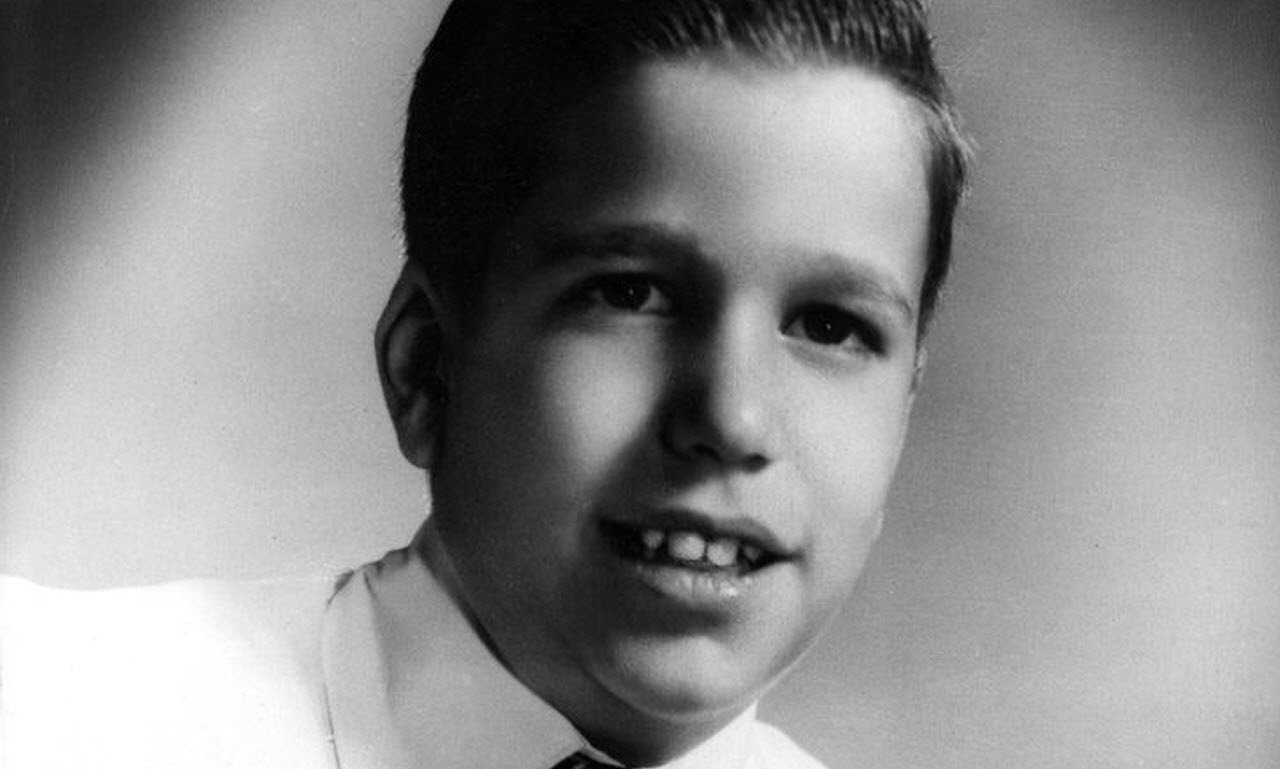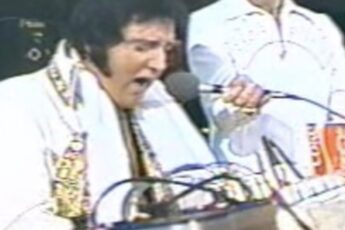Henry Winkler, who became well-known for his Happy Days character Fonzie, didn’t grow up in the glitzy world that is usually associated with superstars. Born into a family of immigrants who had fled Nazi Germany, Winkler struggled with an untreated reading issue.
His parents called him “dumb” and even called him a “Dummo Hund,” or dumb hound, not realizing he had dyslexia. Peers and teachers did the same, which resulted in a challenging upbringing that affected his perception of himself.
Despite these obstacles, Winkler never wavered in his pursuit of his goals. After submitting applications to 28 universities, he was accepted to two of them and eventually earned an acceptance letter from the esteemed Yale School of Drama. His career was sparked by an improvised Shakespearean speech in which he displayed his talent.

Even while he was having a great time playing the endearing Fonzie on screen, Winkler struggled with dyslexia, which affected his coordination and reading. He turned down the starring role in Grease even though it would have put him in a box.
When Winkler’s stepson Jed took a dyslexia test at age 31, his viewpoint was altered. Winkler admitted dyslexia as a hurdle that had subtly affected his life after realizing they were in this together. He overcame the audition process by learning the scripts by heart and then utilized comedy to cover up his shortcomings, saying he brought the “essence of the character.”

After Joyful Days, Winkler experimented with many acting parts and helped develop the MacGyver television series. His talent and determination overcame difficult times, proving that overcoming personal obstacles might result in notable achievements.
Henry Winkler’s transformation from a hated figure to one who was called “dumb” shows how talent and perseverance can lead to success. His narrative is motivational, highlighting how resiliency and commitment may overcome obstacles in one’s own lifе.






